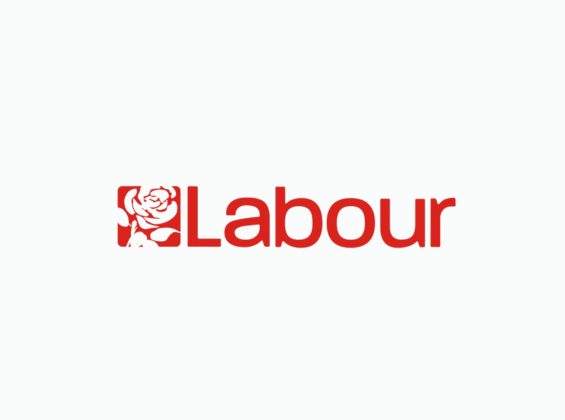
Data Bill: centralised-cookie legislation dropped
The Government has published its Data (Use and Access) Bill with key change.
Public Affairs
Public Affairs
The House of Lords’ Communication and Digital Committee has published its report into the BBC’s future funding.
The Committee did not come out with a clear alternative to the BBC licence fee, but it noted that the binary argument around its continuation should be broadened.
The committee was also clear that the licence fee is viewed as regressive, but its use will continue, at least for now, as it is regarded as the 'best worst' option. However, an alternative funding mechanism is viewed as being necessary in the long term.
It also notes that using it to raise funds to the level the BBC requires would ‘hit the poorest hardest’.
The report rules out substituting the licence fee entirely for an advertising-funded model as this would provide insufficient income whilst decimating the revenues of other public service broadcasters.
The committee states that a full subscription-based model would likewise deliver inadequate revenues and face technical hurdles and accessibility barriers. Furthermore, a Government grant would risk undermining editorial independence and is explicitly not recommended by the committee.
The report notes that some form of public funding is required for the BBC. Potential alternatives explored by the committee include:
1. A universal household levy linked to council tax
2. A ring-fenced income tax
3. Reforming the current licence fee for low-income households
The committee also called for the BBC to publish a ‘bold new vision’ which will outline a strategic purpose that will allow it to navigate the challenges presented and contain costed options for future funding mechanisms, along with their impacts.
The PPA is currently in the process of feeding into the BBC Mid-Term Charter Review, and will actively engage in the debate around BBC funding to ensure that any licence fee alternatives that are adopted will not adversely impact the revenues of commercial publishers.

The Government has published its Data (Use and Access) Bill with key change.

The Bill aims to reform workers’ rights in the UK and covers 28 new employment reforms including introducing a new statutory probation period, ending zero-hour contracts, and ensuring workers have rights from day one.
Chancery House, 53-64 Chancery Lane, London WC2A 1QS




If you have a member login, enter your details below. Please note, that your login is for PPA.co.uk only and not for our event sites.
If you are a member but don’t have an account yet, you can setup your account here.
Any problems, please contact membership@ppa.co.uk.